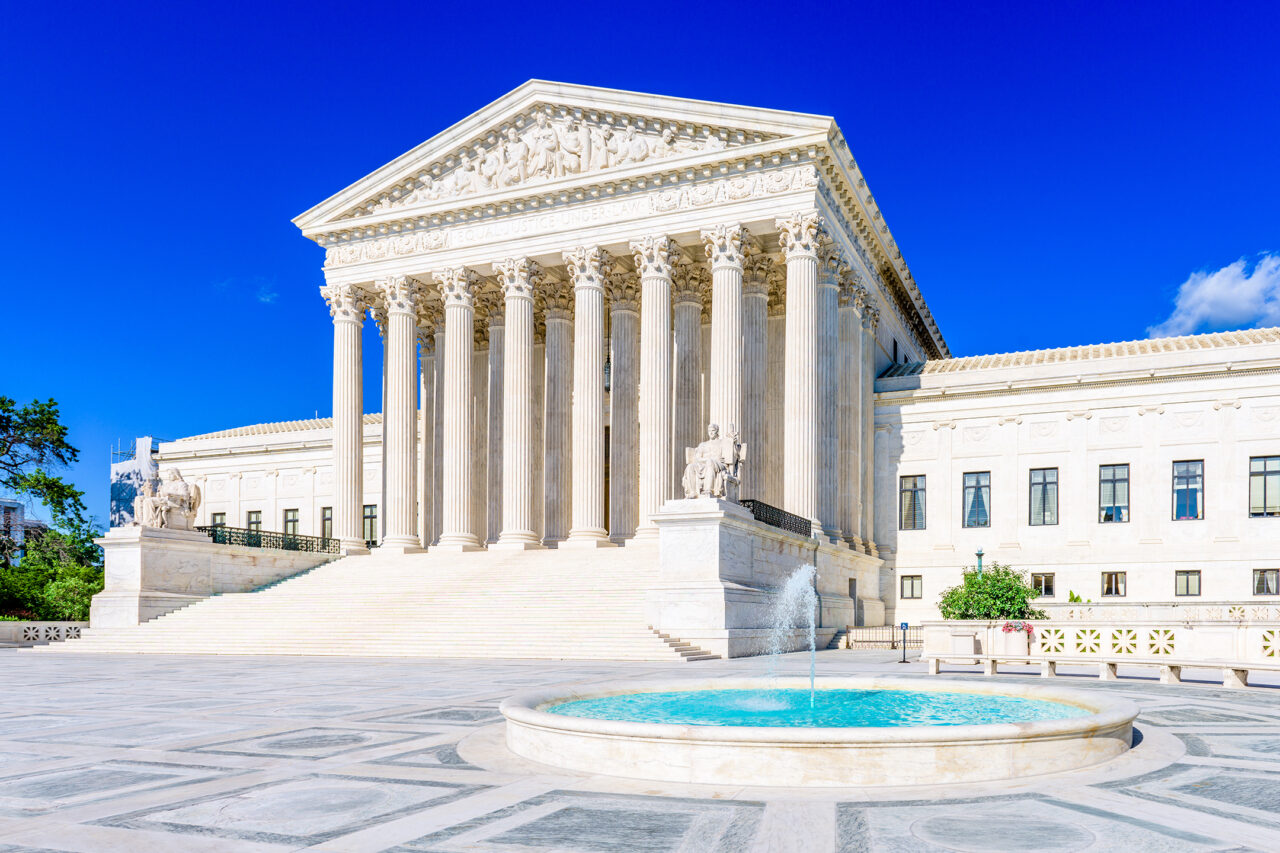 By Rossana Howard and Beth Anne Jackson, Brown & Fortunato, P.C.
By Rossana Howard and Beth Anne Jackson, Brown & Fortunato, P.C.
The COVID-19 vaccine mandate requirements, guidance, and next steps have gone through a number of changes since they were initially announced by the Biden Administration at the beginning of November. On November 4, 2021, the White House published an announcement describing two COVID-19 vaccine rules that would purportedly cover two-thirds of all U.S. workers. The first rule was published by the Department of Labor, Office of Safety and Health Administration (OSHA) as a temporary emergency standard and requires employers with 100 or more employees to comply with certain vaccination and testing requirements. The second rule was issued by CMS and requires health care workers at certain facilities that participate in Medicare and Medicaid, including hospitals, to be fully vaccinated.
The OSHA emergency standard requires employers with 100 or more employees to ensure that their workers are either fully  vaccinated or tested for COVID-19 on no less than a weekly basis. The emergency standard also requires employers to provide employees with paid time off to obtain the vaccine as well as implement mask requirements for non-vaccinated workers. OSHA has provided guidance documents to assist with compliance and makes it clear that all employees, including part-time employees, remote employees, and employees that do not work indoors, count towards the 100 employee threshold. There are, however, specific exceptions for compliance with the requirements for employees that work exclusively outdoors. Notably, the OSHA emergency standard does not apply to employees of state and local governmental entities, which are exempt from OSHA, or most federal agencies, which have separate requirements.
vaccinated or tested for COVID-19 on no less than a weekly basis. The emergency standard also requires employers to provide employees with paid time off to obtain the vaccine as well as implement mask requirements for non-vaccinated workers. OSHA has provided guidance documents to assist with compliance and makes it clear that all employees, including part-time employees, remote employees, and employees that do not work indoors, count towards the 100 employee threshold. There are, however, specific exceptions for compliance with the requirements for employees that work exclusively outdoors. Notably, the OSHA emergency standard does not apply to employees of state and local governmental entities, which are exempt from OSHA, or most federal agencies, which have separate requirements.
Within 10 days of the President’s announcement, 34 lawsuits were filed in all 12 regional circuit courts to block the OSHA emergency standard. Among the plaintiffs in these suits are the State of Texas and Governor Abbott. Due to the number of suits filed, a multi-district lottery was held to decide which circuit would review the merits of the various challenges to the OSHA emergency standard. The Sixth Circuit Court of Appeals won that lottery and, therefore, will hear the merits. As of December 1, 2021, the Sixth Circuit has not published any rulings with respect to these suits, but the current briefing schedule pushes any decision beyond December 10. This means that certain requirements that had a December 5, 2021, deadline would still be technically in place, although OSHA has suspended implementation and enforcement activities pending the outcome of the litigation.
With respect to the CMS COVID-19 vaccine mandate, as drafted it would apply to a limited set of providers that are enrolled in Medicare or Medicaid: ASCs, hospices, psychiatric residential treatment facilities; programs for All-inclusive Care for the Elderly (PACE); hospitals; LTCs (including SNFs and NFs); intermediate care facilities for individuals with intellectual disabilities; home health agencies; CORFs; critical access hospitals; clinics, rehabilitation agencies, and public health agencies as providers of outpatient PT and speech-language pathology services; community mental health centers; home infusion therapy suppliers; RHCs and FQHCs; and ESRD facilities. Medicare and/or Medicaid enrolled facilities listed here are required under the CMS rule to ensure their staff are fully vaccinated against COVID-19. Staff includes those individuals that may perform services in patients’ homes or outside of the facility.
To what extent, if any, these rules will be enforced remains to be seen, because a number of states filed suit in federal court against the government to block the CMS COVID-19 vaccine mandate. As of November 15, 2021, there were twelve states that filed suit, and that number grew in the subsequent weeks. On November 30, 2021, the Eastern District of Missouri issued an injunction blocking the federal government from enforcing the CMS COVID-19 vaccine mandate in 10 states: Missouri, Nebraska, Arkansas, Kansas, Iowa, Wyoming, Alaska, South Dakota, North Dakota, and New Hampshire. The following day in a Fifth Circuit court in Louisiana, a judge issued a preliminary injunction applying to the entire nation, save the 10 states covered by the Missouri ruling. This injunction similarly prohibits the federal government, including CMS and the Department of Health and Human Services, from enforcing the CMS COVID-19 vaccine mandate.
This injunction has widespread implications for Medicare and Medicaid-enrolled providers of all types that have been scrambling to understand what the CMS rules are and how to comply. An injunction does not mean that the rules disappear completely, and it does not prevent cities, municipalities, and entities from implementing their own vaccine requirements. Whether the CMS-wide mandate will survive further scrutiny by the courts is unknown. Since the injunction was issued, nine health care organizations have reported a temporary suspension of their own vaccine requirements (with the exception of activities in states with state-implemented vaccine requirements), including Cleveland Clinic, Intermountain Healthcare, and HCA Healthcare. Whether other health systems facing staffing shortages aggravated by the vaccine mandates will follow suit is an open question.


